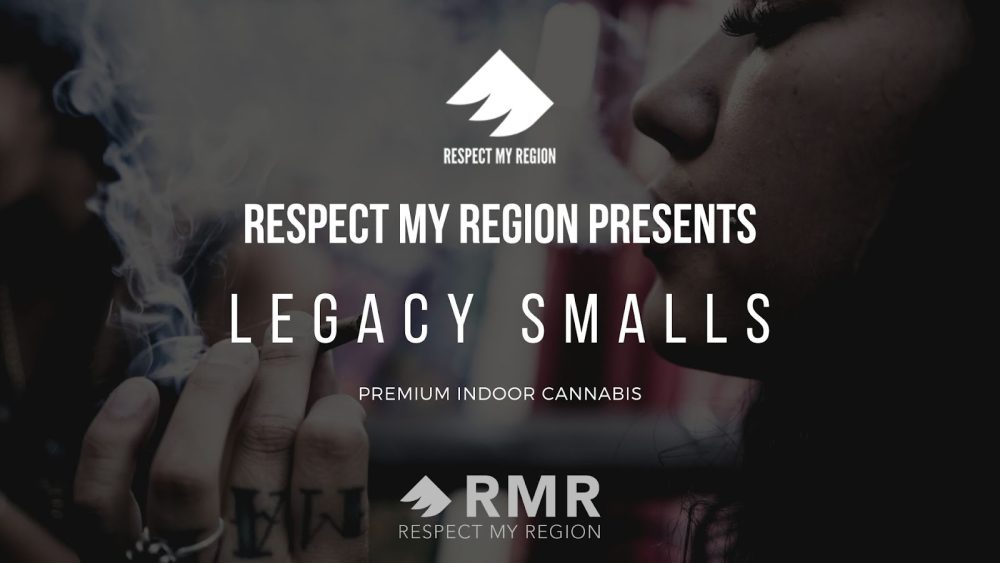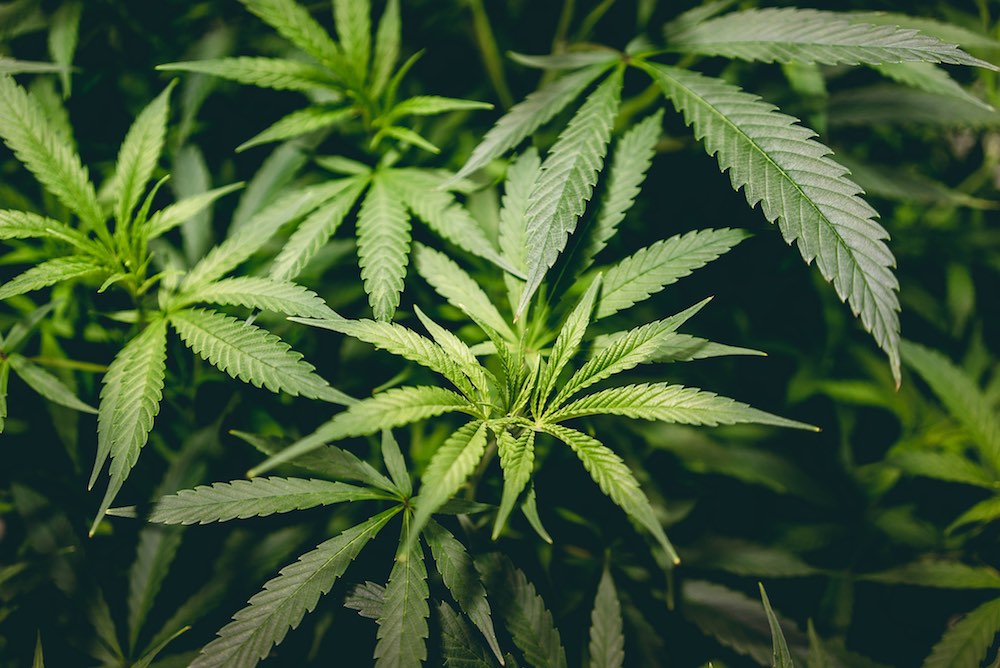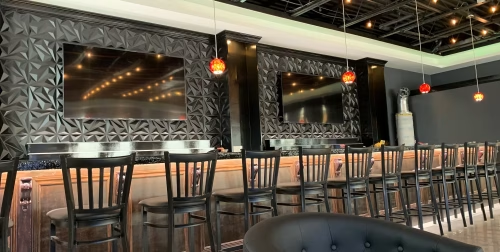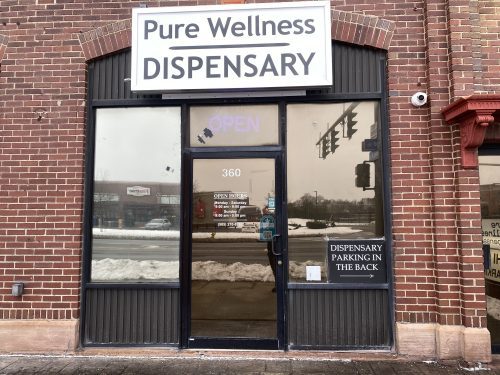Regretfully we’re pondering a question that one should never have to ask—is the THC you’re consuming actually “real” THC? According to reports from The Cannabis Observer and a recent LCB Special Board Caucus, a Washington State cannabis company has been using unmarked synthetic THC inside their vape cartridges. These products have been for sale on shelves for months. They may have potentially been sold to numerous brands via wholesale transactions. Consumers have been left in the dark just as likely as wholesale purchasers during this whole fiasco.
According to audio from the recent June 16th WSLCB meeting, “LCB agents Garza and Nordhorn had “developed information directly from a license holder to the effect that they were, indeed, buying CBD on the open market from other sources, and turning it into delta-9, and selling it into the system.”
Where did this CBD come from? Was it tested? Diluted/cut? One could speculate a possibility of pesticide-ridden foreign-grown hemp flower being turned into a diluted CBD isolate. Where it is then imported to Washington for further chemical influence converting to synthetic THC and possibly further diluted in concentrate form to hide any discrepancies. Washington State cannabis testing labs are not seeking to find the chemicals used for their conversation. It’s widely known that “hot” products can be diluted to passing levels. What makes matters worse, is it seems there are people justifying these actions.
Wait, You Can Make “Fake” Weed?
CBD isolate can be transformed into Delta-8 THC. Many say this qualifies as a cannabis substance made legal via the Farm Bill. Synthetic Delta-8 is derived from hemp and creates a high that feels one cannabinoid off from Delta 9 THC. Cannabis consumers have been enjoying this cannabinoid for many years. Delta-8 has grown immensely popular over the last year in states that do not have access to legal cannabis. We want to be clear, RMR has no problem with Delta-8 products and has reviewed quite a few ourselves. We do have a problem with synthetic products being sold in the Washington State recreational market that is NOT clearly labeled.
The Farm Bill opened up the vast majority of the country to legally growing, processing, and selling hemp derived CBD. This has even allowed importing and exporting of CBD.
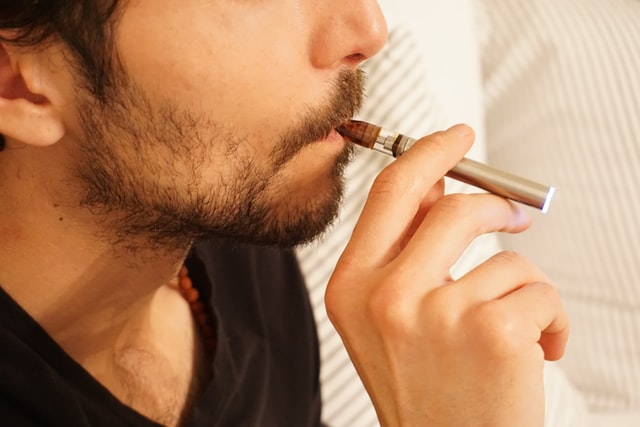
A Series Of Events
At the start of Washington State’s 502 recreational cannabis market, all CBD products need to be grown inside of licensed 502 cultivation and facilities. This was later opened up to provide outside CBD to be used in the market. The cost of producing CBD inside the highly regulated market didn’t allow for enough production to feed demand.
At some point, a publicly unnamed cannabis brand in Washington State has been called out. They admitted to using synthetic Delta-9 in their products without any form of labeling on the product. This enabled them to produce products at an incredibly low price point in a market where pricing seems to always been in a race to the bottom. Competitors are disgusted with someone utilizing loopholes to continue the further race to the bottom. Many companies with integrity will no longer be able to compete. THC grown inside regulated facilities simply can’t meet the price point of bulk foriegn produced CBD isolate converted to Delta-9.
Consumers should be up in arms and the LCB should be taking immediate action. ALL consumers have a right to know what they are putting in their bodies. Whether they care or put price first is up to them to make an educated decision. There should be a serious concern for safety as there isn’t extensive testing for synthetic cannabis. Nor do testing facilities test for the chemicals used to convert CBD isolate into Delta-9 THC.
This is a bush league business move that threatens consumer safety. People literally fought with their freedom for this plant to be available in legal commerce. The challenges that Vape Gate posed to the industry have left a shaky foundation on an entire product category. In our opinion, a lack of ethics was the cause of that. Testing requirements (or lack thereof) from the government oversight have continually put consumers at risk all for the sake of profits.
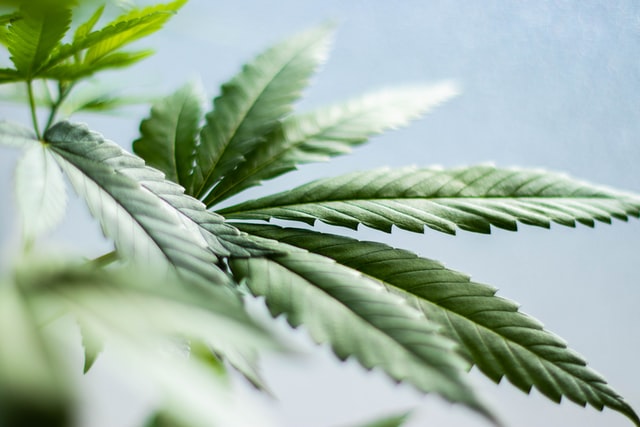
What’s Next?
A looming issue here is that other processors and brands have likely been buying wholesale material from the brand in question. Has the product they’ve received been synthetic? Cut with synthetic product? And have been notified if either of the previous questions result in the answer of “yes”?
More than likely, consumer safety won’t be a priority for the WSLCB nor State Government as a whole. We urge all consumers to speak out on this matter. If the conversation is amplified and societal pressure is put on these regulatory bodies, they’ll answer to that quicker. Much quicker than a consumer safety issue behind closed doors.
Are you worried you’ve consumed synthetic cannabis?
Please contact the WSLCB immediately with your concerns requesting they name the brand/products in question and provide resolution for your safety.
Learn more about the different cannabinoids here.
RAPPER WEED: WHICH RAPPERS HAVE CANNABIS PRODUCTS IN THE MARKET?
10 UNDERRATED FEMALE RAPPERS YOU SHOULD LISTEN TO RIGHT NOW
9 RAPPERS FROM DETROIT YOU NEED TO KNOW THIS YEAR
